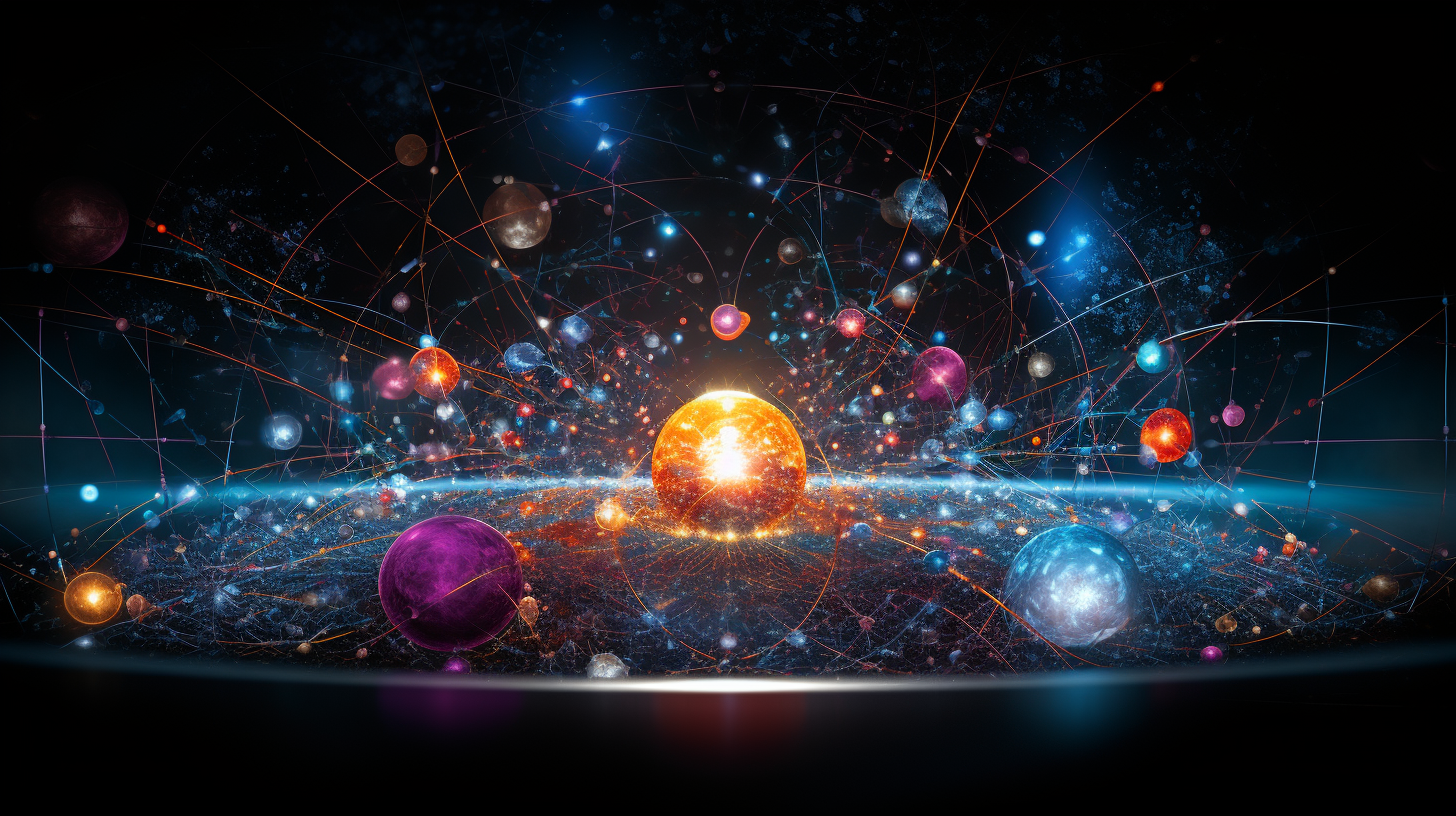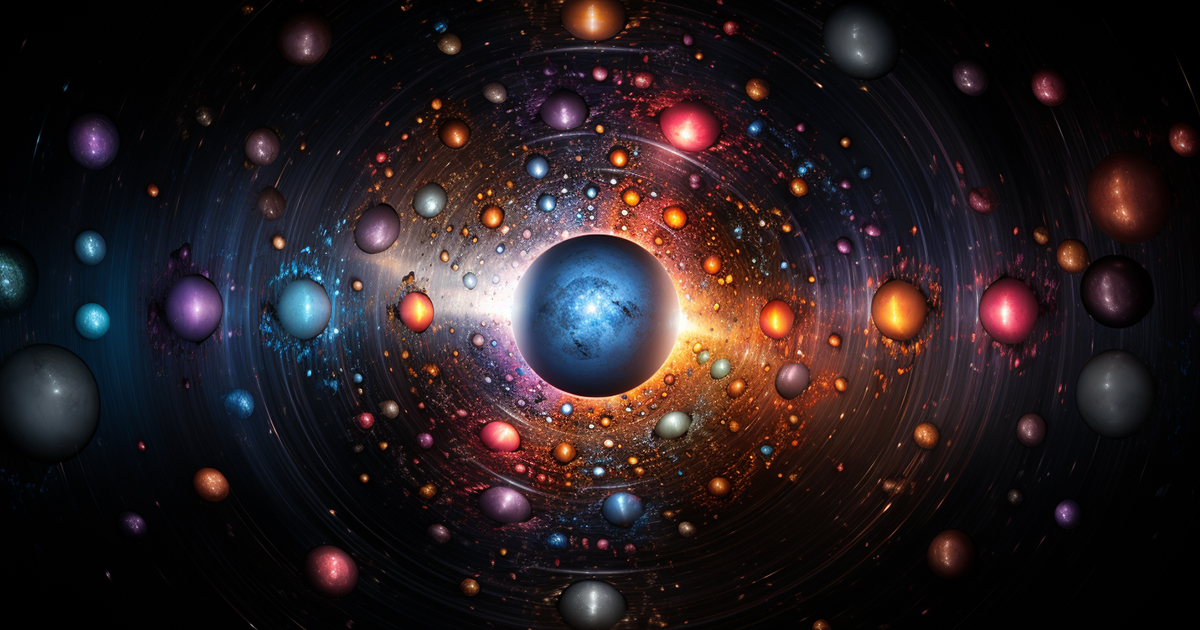Introduction
In the heart of Geneva, Switzerland, buried over 300 feet beneath the Earth’s surface, lies a marvel of human ingenuity – the Large Hadron Collider (LHC). This colossal machine spans an incredible 17-mile expanse and stands as the most complex contraption ever built. The LHC’s primary purpose? To smash tiny protons together at astonishing speeds of nearly 670 million miles per hour. However, this colossal experiment has led to questions and speculations about its potential to create black holes capable of swallowing our planet. Today, we embark on a journey into the depths of this scientific marvel and explore the intriguing connection between the “God Particle” and the enigmatic world of Ancient Aliens.
The LHC: A Triumph of Human Civilization
The Large Hadron Collider is a testament to human achievement, representing both our thirst for knowledge and our capacity to push the boundaries of science and technology. Dr. Michio Kaku, a renowned physicist, aptly describes it as “the most complicated and powerful device that human beings have ever built.” At its core, the LHC recreates conditions similar to the Big Bang, allowing us to peer back in time to the universe’s earliest moments.

The Discovery of the God Particle
One of the most momentous events in the history of the LHC took place on July 4th, 2012, when scientists gathered at the European Organization for Nuclear Research (CERN) to unveil a discovery that promised to unlock decades-old mysteries about the nature of our universe. The excitement in the room was palpable, as they were about to reveal a tiny but profoundly significant piece of matter – the Higgs boson, often referred to as the “God Particle.”
The Higgs boson, first theorized by physicist Peter Higgs in 1964, confirmed the existence of an invisible force known as the Higgs field, which permeates the entire universe. According to scientific theory, when particles interact with this field, they acquire mass, thus slowing down and allowing them to coalesce into matter, forming celestial bodies such as planets and stars.
The Implications of the God Particle
The discovery of the Higgs boson had profound implications for our understanding of the universe. The Higgs field, which pervades all of space-time, holds the potential to manipulate the mass of particles. Theoretically, this means that we could, in the future, control particle mass, possibly achieving near-light speeds with ease. Such a breakthrough could revolutionize human exploration, not only on our own planet but beyond – potentially opening the doors to the stars themselves.
Ancient Aliens and the Quest for Answers
The quest for knowledge and understanding has driven humanity for millennia. Whether through science, religion, philosophy, or even the intriguing realm of the Ancient Astronaut Theory, we are all seeking answers to fundamental questions. Who are we? Where did we come from? And perhaps most profoundly, where are we going?
The discovery of the Higgs boson, or the “God Particle,” is a celebration of our collective pursuit of answers to these timeless questions. It brings us closer to unraveling the mysteries that have captivated humanity’s imagination for thousands of years. In our search for meaning and truth, we find common ground in scientific discoveries like this one, bridging the gap between the pursuit of knowledge and our profound human curiosity.
Video:
Conclusion
The Large Hadron Collider, with its groundbreaking discovery of the Higgs boson, has not only advanced our scientific understanding but also deepened our connection to the eternal mysteries of the universe. It reminds us that in our relentless quest for answers, we are united across cultures, disciplines, and even across the boundaries of space and time. Whether exploring the depths of particle physics or the far reaches of the cosmos, our pursuit of knowledge will continue to push the boundaries of what is possible and expand our understanding of the universe and our place within it.

11 thoughts on “Deciphering the Mysteries of the Universe: The God Particle and Ancient Aliens”
Comments are closed.